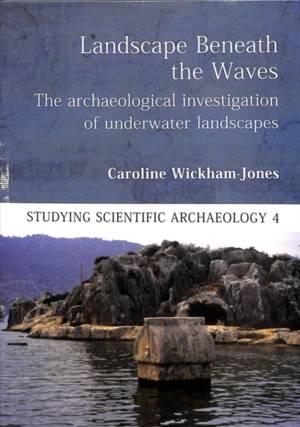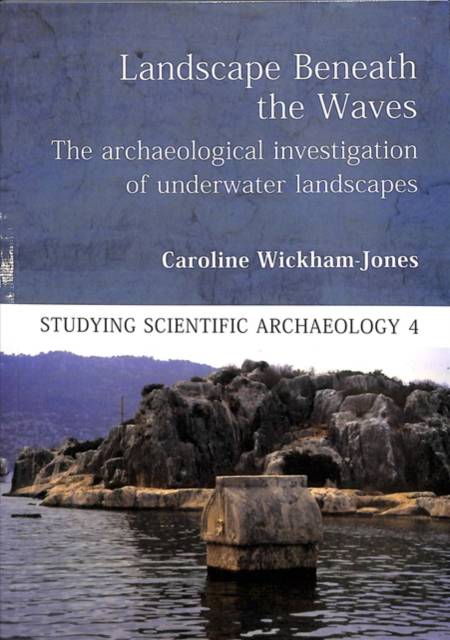
- Afhalen na 1 uur in een winkel met voorraad
- Gratis thuislevering in België vanaf € 30
- Ruim aanbod met 7 miljoen producten
- Afhalen na 1 uur in een winkel met voorraad
- Gratis thuislevering in België vanaf € 30
- Ruim aanbod met 7 miljoen producten
Zoeken
Landscape Beneath the Waves
The Archaeological Exploration of Underwater Landscapes
Caroline Wickham-Jones
€ 50,45
+ 100 punten
Omschrijving
At the end of the last Ice Age, sea level around the world was lower, coastal lands stretched further and the continents were bigger, in some cases landmasses were joined by dry land that has now disappeared beneath the waves. The study of the now submerged landscapes that our ancestors knew represents one of the last barriers for archaeology. Only recently have advances in underwater technology reached the stage where a wealth of procedures is available to explore this lost undersea world. This volume considers the processes behind the rising (and falling) of relative sea-levels and then presents the main techniques available for the study and interpretation of the archaeological remains that have survived inundation. Case studies are used to illustrate particular applications. Finally, a review of projects around the world highlights the varying scale and period of sites concerned. Submerged archaeological sites often include the preservation of fragile materials, such as decorated timbers, that shed rare detail on the communities of prehistory; in other cases the features of the landscape context into which they are set can be extraordinarily well-preserved. This is not a book about shipwrecks but about landscapes now lost beneath the waves. It is written for all archaeologists, whether they work on land or at sea, and for all who are interested in the past; it illustrates the shape of the world as it once was and explains why we need to understand it. It offers an easily accessible introduction to the exciting realm of underwater archaeology.
Specificaties
Betrokkenen
- Auteur(s):
- Uitgeverij:
Inhoud
- Aantal bladzijden:
- 256
- Taal:
- Engels
- Reeks:
- Reeksnummer:
- nr. 4
Eigenschappen
- Productcode (EAN):
- 9781789250725
- Verschijningsdatum:
- 20/11/2018
- Uitvoering:
- Paperback
- Formaat:
- Trade paperback (VS)
- Afmetingen:
- 168 mm x 239 mm
- Gewicht:
- 612 g

Alleen bij Standaard Boekhandel
+ 100 punten op je klantenkaart van Standaard Boekhandel
Beoordelingen
We publiceren alleen reviews die voldoen aan de voorwaarden voor reviews. Bekijk onze voorwaarden voor reviews.











